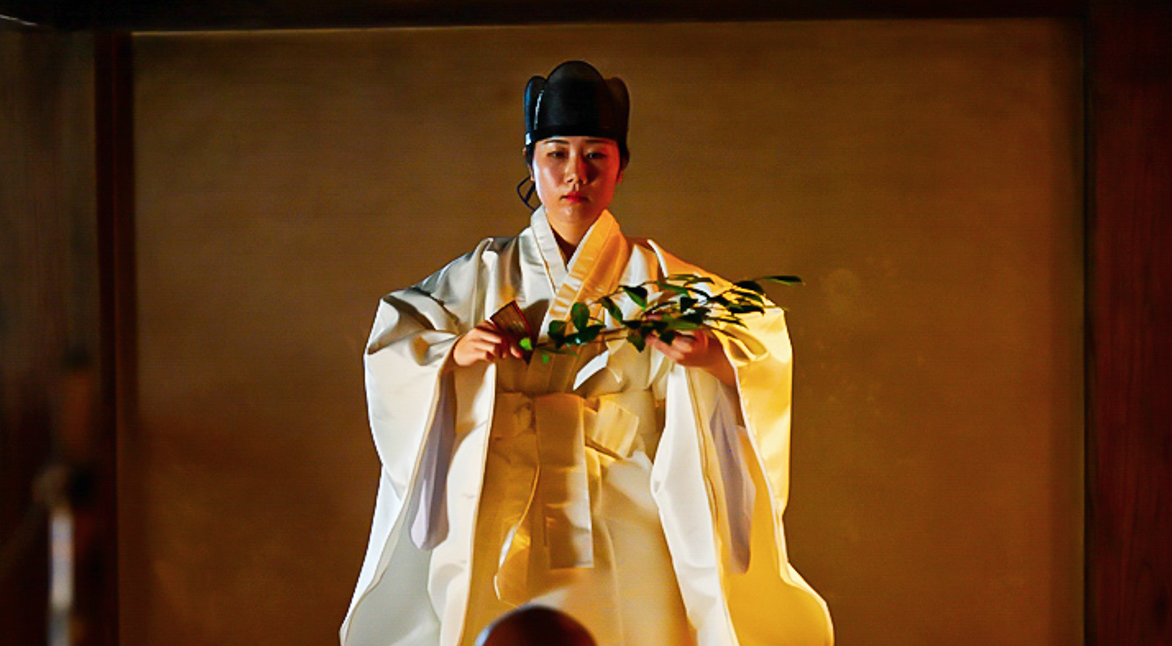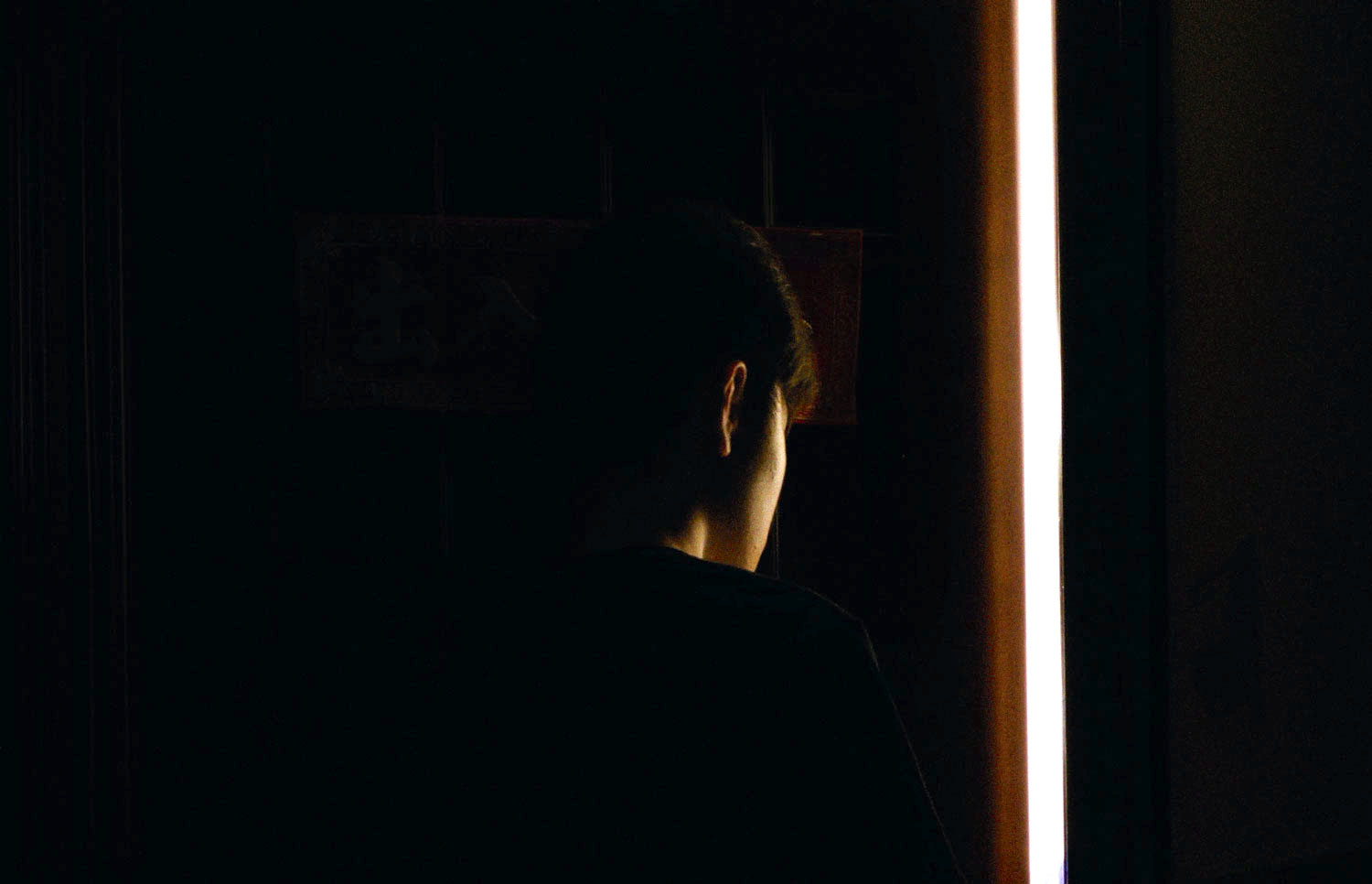Is It Possible To Get Too Much REM Sleep? Experts Weigh In
Here are the warning signs of too much REM.

Of all the sleep stages, REM sleep is often the one to get the most attention. There's a lot of sleep advice out there on how to increase the time you spend in REM, which begs the question: Is it possible to get too much? Here's what to know about the importance of REM and how to get just the right amount of it.
REM (rapid-eye-movement) sleep is one of four stages that we move between throughout sleep (the others are Stage 1, Stage 2, and Stage 3, or deep sleep).
When we're in REM sleep, our eyes begin to move quickly behind the eyelids, our brainwaves speed up, our temperature fluctuates, and our muscle activity is suppressed. It's also one (but not the only) sleep stage in which we dream. Since REM mimics wakefulness in certain ways, some scientists prefer to call it "active sleep."
The purpose of sleep—particularly, REM sleep—is not totally understood, but researchers now think REM sleep may help humans:
How much REM sleep do you need?
Jerome Siegel, Ph.D., a professor of psychiatry at UCLA, notes that REM—while important—is just one component of the larger sleep picture. "I don't think you can separate REM sleep and sleep in general," he tells mindbodygreen.
This means that it's important to make sure you're getting enough total sleep each night before you worry too much about time spent in REM vs. non-REM.
With this in mind, researchers have found that the first stage of REM sleep typically starts about 60 to 90 minutes after we fall asleep, and it lasts around 10 minutes. As the night goes on, we phase in and out of REM cycles, and the time spent in each gets longer and longer. The last stage of REM can get up to an hour in length, so most of our REM time happens during the back half of our sleep.
The amount of time we spend in REM will vary depending on our age, with babies typically spending more time in this sleep stage than older adults. But generally, Girardin Jean-Louis, Ph.D., professor of population health and psychiatry at New York University previously told mbg, "Healthy sleepers might spend approximately 20% of their sleep time in the REM sleep stage." Given that most people need between 7-8 hours of sleep a night, that means around 90 minutes of REM sleep a night will be a sweet spot. But again, it depends on the person and their unique sleep needs.
Signs that you're not sleeping enough—and therefore, probably not spending enough time in REM—include problems concentrating and remembering, poor mood, low sex drive, lack of energy, food cravings, weakened immune function, trouble losing weight, and balance issues.
Can you get too much REM sleep?
We all know that getting too little sleep is not healthy, but what about too much? "There is an optimal amount of sleep, just like there is for many other physiological functions," says Siegel, who for the sake of this example likens sleep to blood pressure: You don't want it to be too low, but you don't want it to be too high either.
"The epidemiology indicates that there's an optimal amount of sleep—about seven hours, eight hours for most people—but people who sleep longer than that actually do worse than people who sleep less than that," he notes.
One reason could be that going against your body's natural sleep-wake cycle—either by sleeping too much or too little—throws off your circadian rhythm, explains integrative medicine physician Dana Cohen, M.D. So if you spend your morning snoozing in REM during a time when your body increases levels of energizing hormones like cortisol, it could throw off your hormonal balance, which has downstream effects.
Signs of oversleeping include headache upon waking, trouble falling asleep when you need to, and mental fogginess. And regularly spending too much time asleep has been linked with an increased risk of all sorts of more serious health issues.
Reasons you may be oversleeping & what to do.
Low mood, anxiousness, and other health concerns could all lead somebody to oversleep. Oversleeping also seems to be bidirectional, meaning that somebody may sleep too much because they're stressed, and then oversleeping makes their stress worse.
If you suspect that you're oversleeping or spending too much time in REM, using an at-home sleep tracker can help you get a better sense of your sleep habits. However, these only roughly estimate the amount of time you spend in each sleep stage, so Cohen recommends seeing a doctor for a proper polysomnography (PSG) sleep study to get to the bottom of it and rule out any sleep disorders.
It's important to remember that the best thing to do if you feel you're oversleeping is not necessarily to sleep less, but to sleep better. That is, focus on making sure that your routine is supportive of deep and restorative rest. Some changes that will give you the most bang for your sleep buck include going to bed and waking up at the same time every day, sticking to a relaxing pre-bed routine, and cutting back on alcohol, which has been shown to delay and disrupt REM sleep. Finally, taking a nightly sleep supplement may help you achieve deeper sleep so you can wake up feeling more refreshed during a time window that works for your body.*
Spending around 90 minutes in REM sleep each night is considered healthy for most adults, though it depends on the person. If you fear you're spending too little or too much time asleep, it's time to get your sleep hygiene in check.

 FrankLin
FrankLin 































